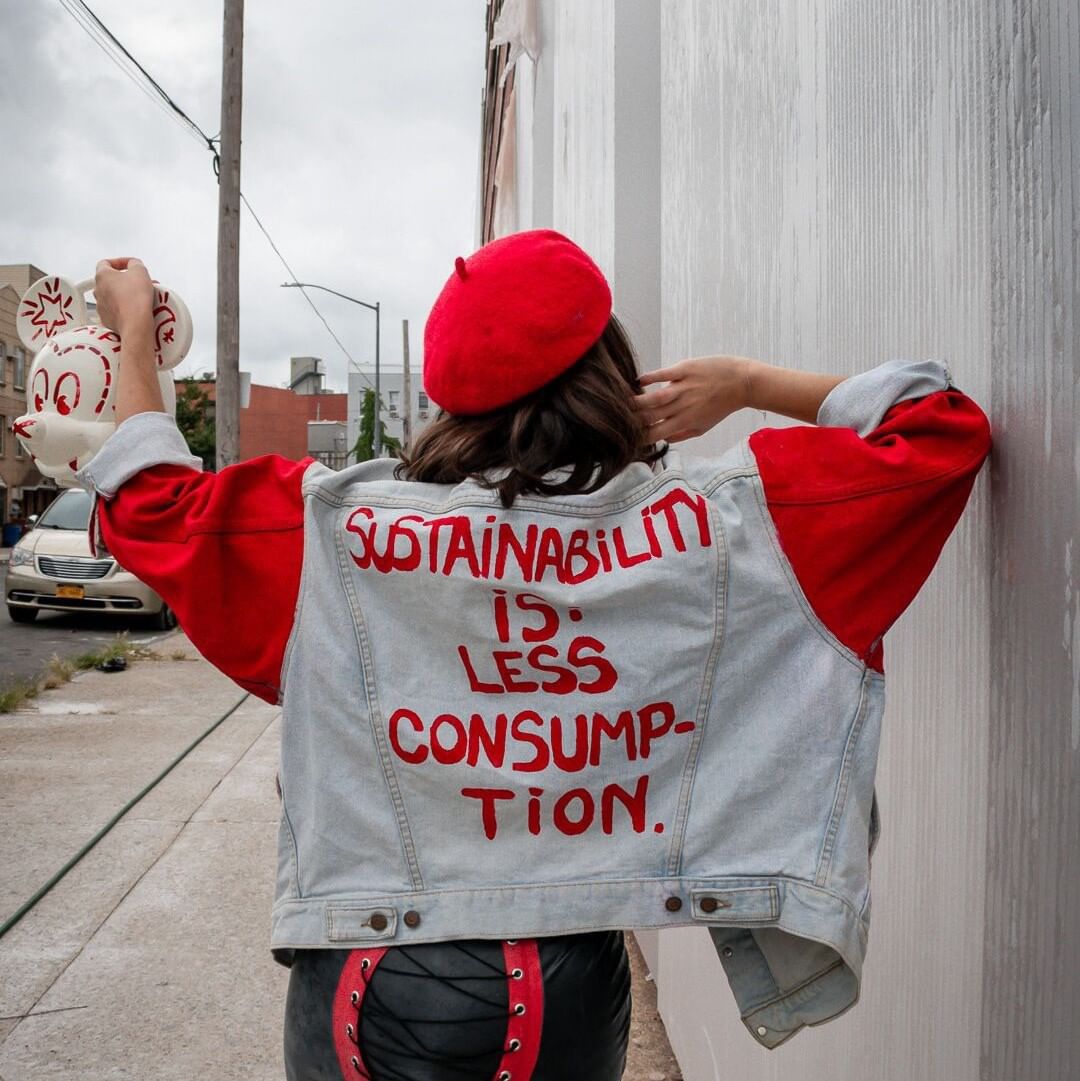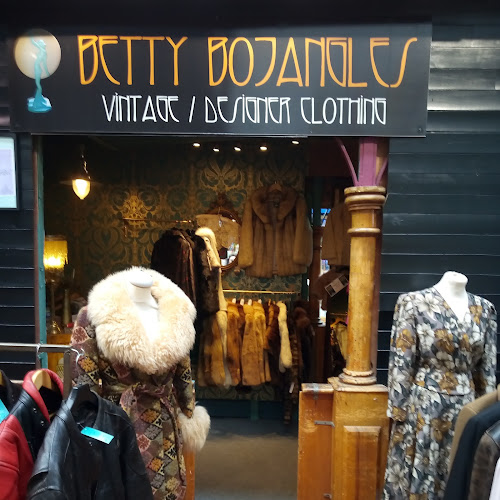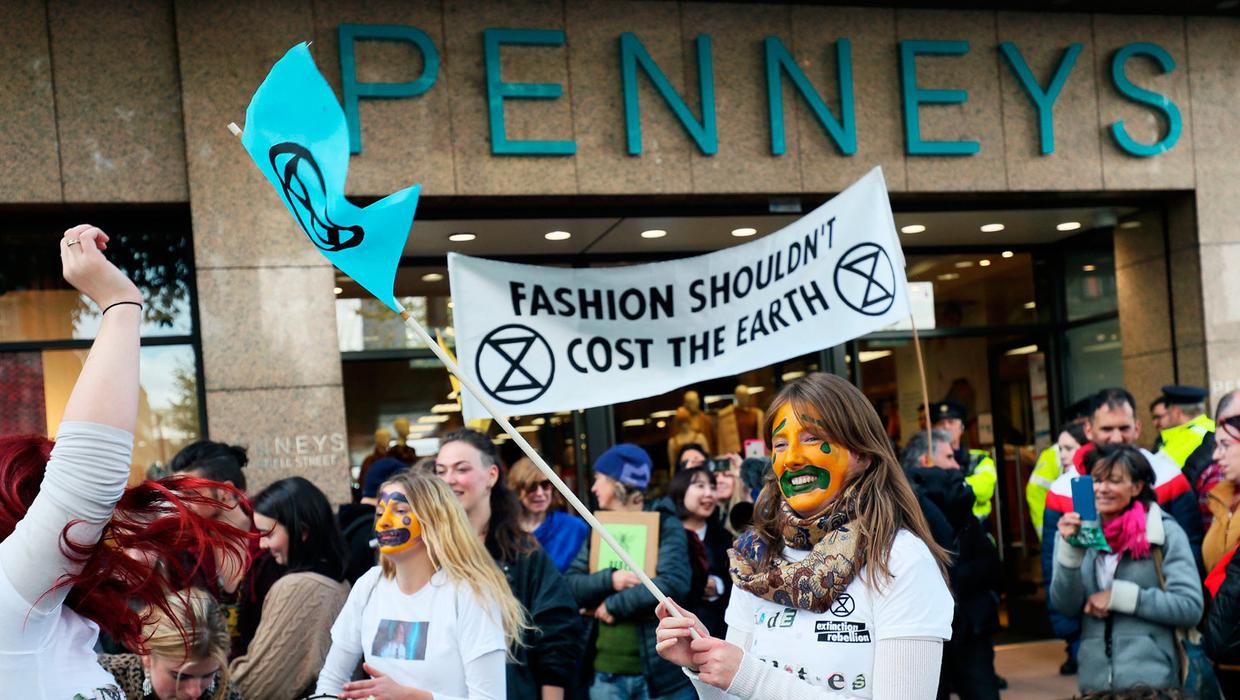Thrifting and Sustainability: Middle-class women and Second-hand fashion in Ireland
The topics of second-hand clothing and sustainability have become ever more present in fashion discourse in recent years. This research explores whether this trend in thrifting is similar to the recent prevalence of ‘greenwashing’ in fashion. Greenwashing is when brands market garments as sustainable to appear more ethically sound in order to sell more rather than it being a genuine concern or priority for the brand. This thesis questions whether buying second-hand clothing is as sustainable as many consumers believe it to be. The research puts a greater emphasis on questioning the societal factors of sustainability where thrifting is concerned; focusing on issues such as gentrification, classism and gender biases with regards to fashion consumption and responsibility.
Over four chapters, this work exhibits how the democratisation of the fashion industry may have inadvertently led to the popularity of thrifting we see today. The mediums of second-hand garment selling will be examined, such as the charity shop, the vintage shop and online reselling platforms (Depop/Ebay). Qualitative and quantitative research through interviews and surveys aid this study greatly by revealing information regarding the motivations of societal groups and organisations when it comes to fashion consumption and responsibility. This thesis contributes to the limited literature on the newly popularised second-hand clothing industry and the conflicting implications of its growing success on a societal level.


